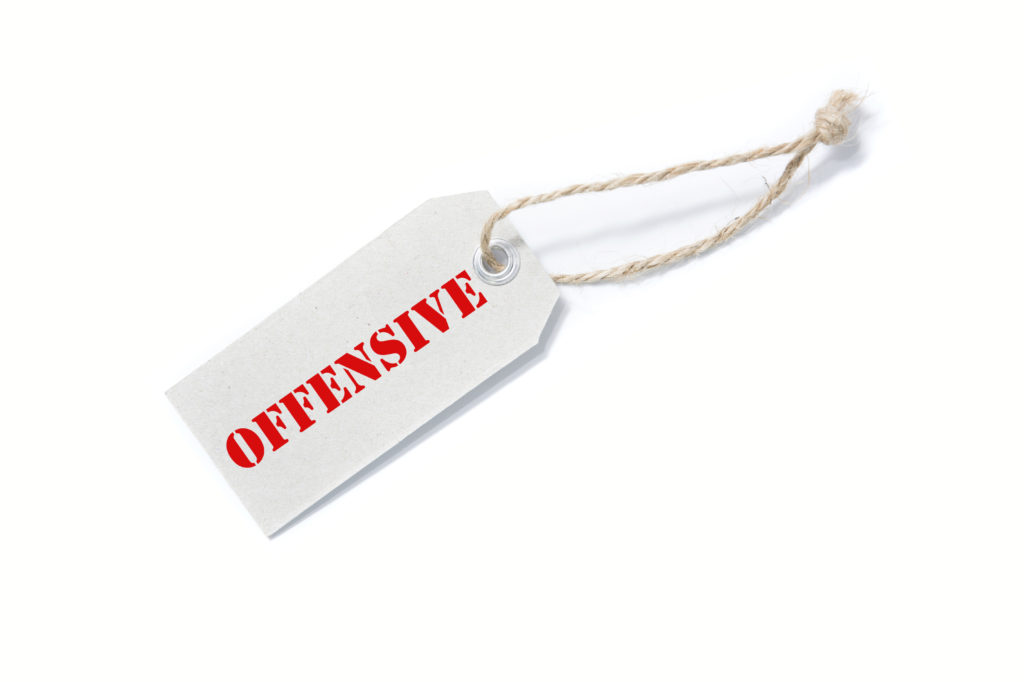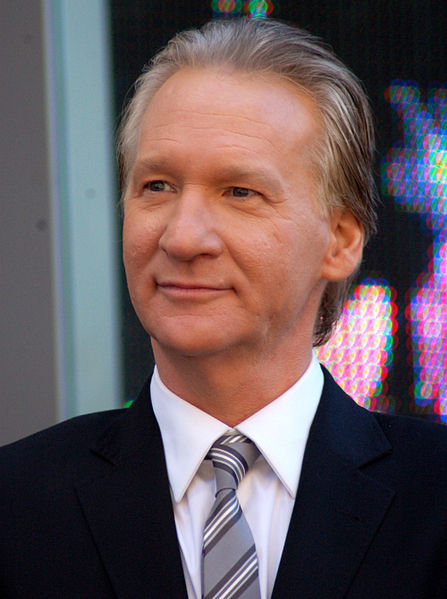One Of The Biggest Misconceptions About Media Training
When I search Twitter for the term “media training,” I frequently come across a tweet that suggests that a celebrity or politician who said something controversial “needs media training.”
In some cases, that’s true. But I’ve often observed that many people reflexively want to send everyone who’s ever uttered a controversial or provocative comment to media training immediately.
Media training isn’t about preventing people from ever expressing an unpopular or controversial view.
I occasionally work with someone who has a deep-seated belief about a controversial topic. We discuss the likely consequences of expressing that belief in the manner the person would like to do so. Sometimes, they’ll modify their approach to make the same point in a way that’s less likely to alienate their audiences. But ultimately, once they understand of the potential consequences, the choice of whether to proceed is theirs.
What’s important, therefore, is that spokespersons understand the potential consequences of saying something unpopular.
From a purely strategic perspective, expressing an unpopular thought isn’t always the wrong decision; in fact, it can be the type of marketing differentiator that allows someone to stand out from their more traditional peers.
Bill Maher, for example, has made a long career out of testing the boundaries of politically correct thought. A comment he made shortly after 9/11 cost him his job on ABC, and recent comments about Muslims prompted a strong backlash. But was the cure for those comments “media training,” or was Maher keenly aware of the potential consequences associated with expressing his views?
That said, as a general rule, celebrities (e.g. Bill Maher, Miley Cyrus) and politicians (e.g. Sarah Palin, Chris Christie) have more license to brand themselves as provocative than spokespersons representing a company or organization (e.g. the CEO of Boeing or Johnson & Johnson).
If you see someone making a controversial comment, think through these five questions before declaring them in need of media training:
- Is the spokesperson or public figure fully familiar with the rules of working with the media?
- Are they aware of the real and perceived landmines that could await their provocative statements?
- Have they fully contemplated the risks of being perceived as a “provocateur” and are they prepared to accept them?
- Could they be more effective in their roles if they chose their words and picked their battles more effectively?
- Will their words not only potentially threaten their own brands, but hurt the people and brands they’re associated with?
The public figure could probably benefit from media training If any of the answers to questions 1-3 are “no” or the answers to questions 4-5 are “yes.” What do you think?





I think the question to ask is are they impulsive and can they (or do they want to) learn to control themselves. Clearly, if they like to say what comes to mind and not think of the consequences, it’s really not a media training issue.